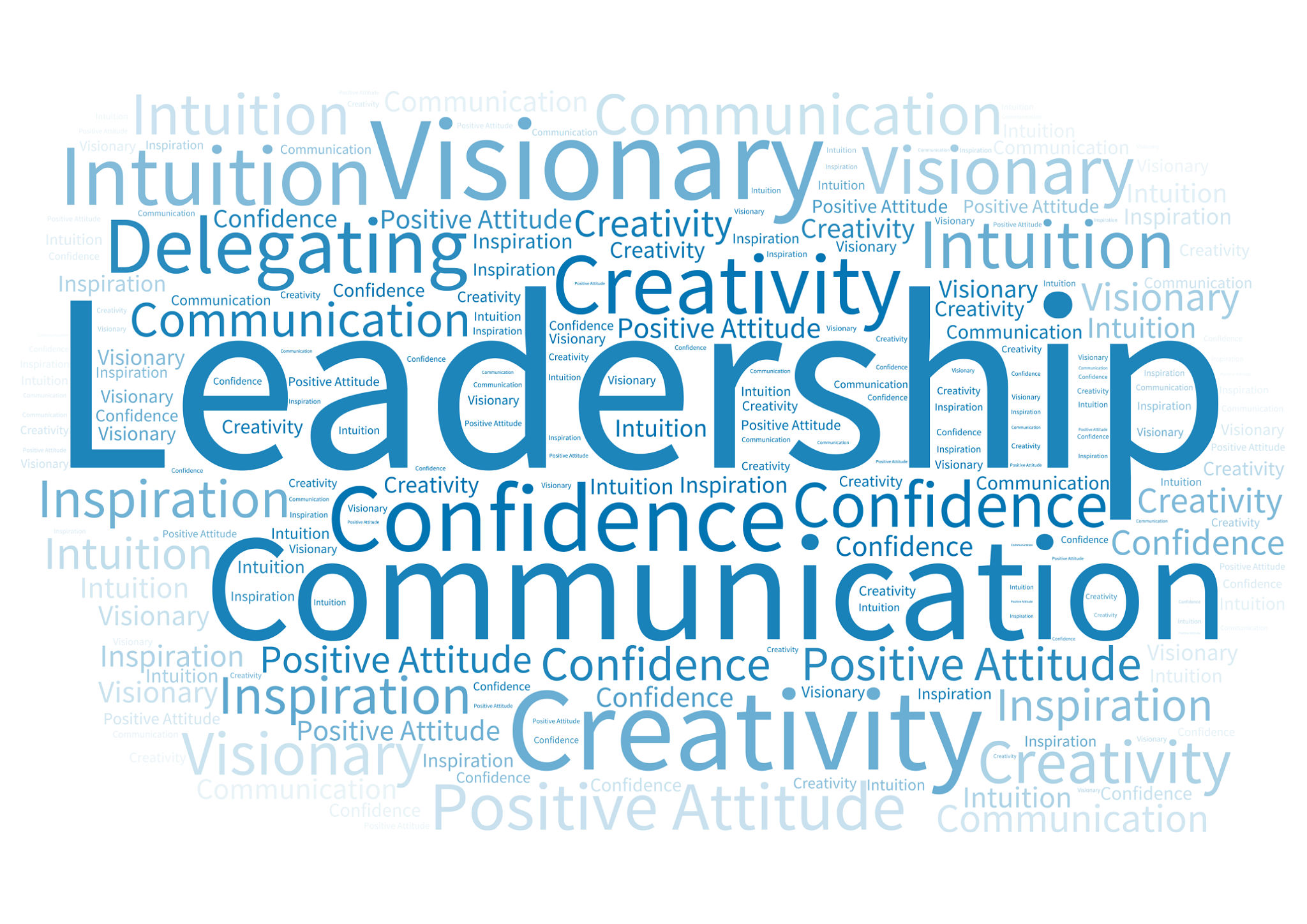Why Soft Skills Matter More Than Ever in the Workplace
The Rise of Soft Skills in the Modern Workplace
In today's rapidly changing work environment, the value of soft skills has skyrocketed. While technical abilities and hard skills remain crucial, it is the soft skills that often determine an individual's success in their career. These skills, encompassing emotional intelligence, communication, and problem-solving, are becoming indispensable as workplaces evolve.

Understanding Soft Skills
Soft skills refer to a set of interpersonal attributes that enable individuals to interact effectively and harmoniously with others. Unlike hard skills, which can be measured and tested, soft skills are more subjective and relate to how you work. They include traits such as empathy, adaptability, teamwork, and leadership. These are essential in fostering a collaborative and productive work environment.
Why Soft Skills Are Essential Now
The importance of soft skills has grown due to several factors. Firstly, the rise of remote work has changed how teams communicate and collaborate. In this virtual landscape, strong communication skills are crucial to ensure clarity and understanding. Secondly, as businesses become more global, cultural awareness and empathy are vital for effective cross-cultural interactions.

Enhancing Team Dynamics
Good team dynamics are crucial for any organization's success. Soft skills play a pivotal role in ensuring that teams work well together. Effective communication, active listening, and conflict resolution are essential components that help teams navigate challenges and achieve their goals. By fostering these skills, organizations can create a more inclusive and engaging workplace.
The Role of Leadership
Leadership today requires more than just technical expertise. Leaders must possess strong soft skills to inspire and motivate their teams. Emotional intelligence allows leaders to understand their team's needs and respond appropriately, creating a supportive work environment. This not only boosts morale but also increases productivity and retention rates.

Developing Soft Skills
Developing soft skills is a continuous process that requires conscious effort. Organizations can support their employees by offering training programs focused on building these skills. Additionally, encouraging mentorship and providing opportunities for feedback can help individuals grow and improve.
Conclusion: The Future of Work
As we look to the future of work, it is clear that soft skills will continue to play a critical role. In an age where automation is replacing many technical tasks, it is the uniquely human traits of empathy, creativity, and adaptability that will set individuals apart. By prioritizing the development of soft skills, both individuals and organizations can thrive in this ever-changing landscape.
